Fall 2021 Symposium of Student Scholars Live Blog
KENNESAW, Ga. (Nov 18, 2021) — The Office of Undergraduate Research at Kennesaw State University is hosting its second fall edition of the Symposium of Student Scholars today, Nov. 18, 2021, a half-day university-wide conference in which undergraduate and graduate researchers present their projects. The hybrid event will take place in-person for the first time on the Marietta Campus, online through Microsoft Teams, and as pre-recorded videos posted online in Digital Commons. Click here for more information on the symposium schedule and program.
This live blog, to be updated throughout the day, gives a snapshot of the variety of disciplines represented and the research journeys undertaken by KSU undergraduate and graduate students.
– Alyssa Ozment and Jacob Segura
11/18/2021, 10:35 AM
Datiel Dayani, a member of the Advanced Majors Program, is excited and nervous to present his research at the 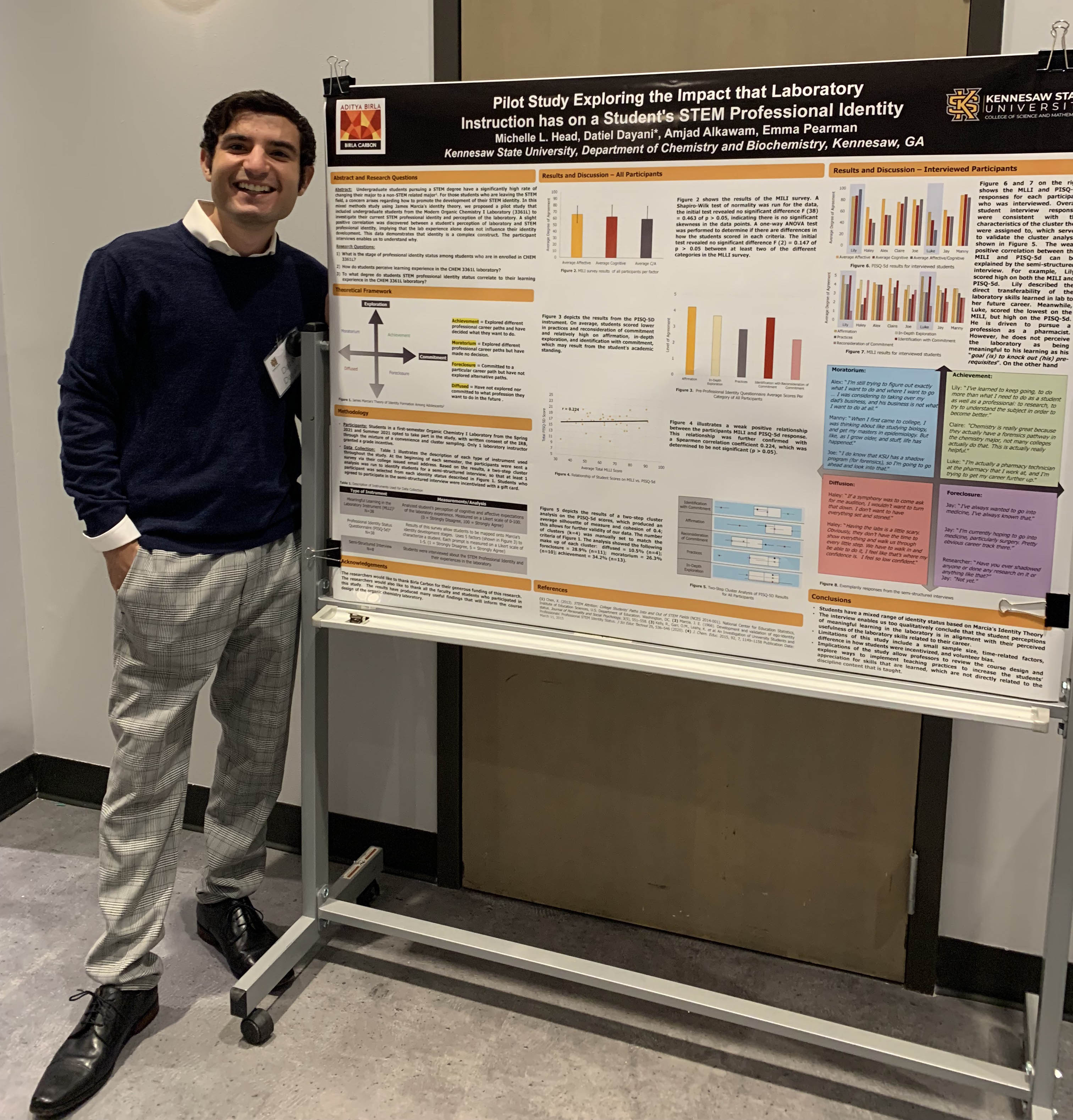 symposium as it is his first virtual one.
symposium as it is his first virtual one.
He is a psychology major with a focus in pre-med and a goal to become a psychiatrist. While research is not directly a part of this goal, he has overcome challenges that will help him in the future.
“One challenge that I faced throughout my research was narrating a story of how to tell my data,” Datiel said. “I struggled with this for a bit once my poster was finished.”
Adding, “I was able to overcome this by asking for support from my research professor, Dr. Michelle Head, and from one of my previous lecture professors who I took for Research Methods in Psychology, Professor Angela Nadeau. I was able to succeed with their help.”
11/18/21, 11:00 AM
Alexis Rumbaugh is majoring in biochemistry, and her project is about voltage-gated calcium channels and their auxiliary subunits. This type of research could grow into finding potential therapeutic targets for various diseases, and since Alexis plans to go to medical school, the project is deeply connected to her passions and goals.
Alexis urges newer researchers to not be intimidated by the people around them and go for what they want to study. She recalls her first research project as a massively positive experience.
“My favorite memory while engaging in research was the first time, I did research independently. The feeling was so validating,” she said. “Finally, I felt that all the STEM classes I took paid off and contributed to something. I was finally a scientist after practicing being one for so long.”
11/18/21, 11:35 AM
Ryan Lowhorn is a computer science major from Canton, Georgia, whose research with his mentor, Mohammed Chowdhury, seeks to identify the various clinical characteristics and risk factors associated with COVID-19 mortality in Mexico. For Ryan, conducting research is not without challenge, though the pursuit for knowledge pushes him forward through times of difficulty.
“I recall when we chose to update our data and had to repeat all of our previous analyses,” Ryan explained. “Throughout that week, I recall feeling frustrated and incapable of doing what I set out to do. However, I have been inspired ever since by the unwavering support of my research mentor, Dr. Chowdhury, and the study of these unanswered questions.”
11/18/21, 12:01 PM
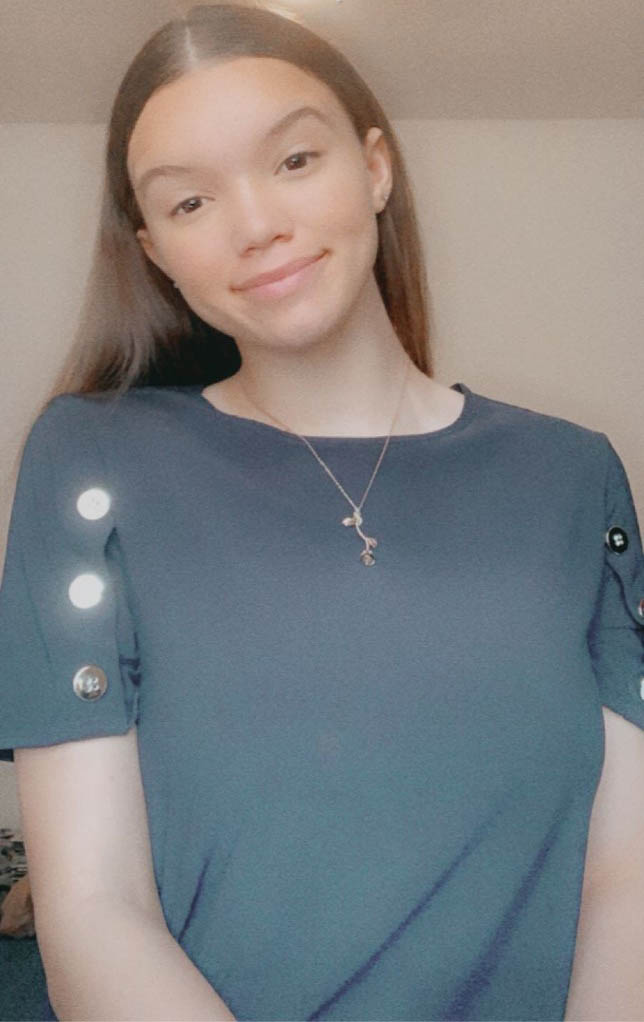 Breauna Strawder (pictured right) and James Stewart are seeking therapeutic peptides which may serve as drugs for the treatment of illness
caused by SARS-CoV-2 under the supervision of Dr. Mohammad Halim. Breauna is an undergraduate
student studying biology with a focus in pre-med, and James is a graduate student in the Master of Science in Chemical Sciences program. Breauna is focusing on investigating snake venom peptides for inhibitory
activity against the SARS-CoV-2 3-chymotrypsin-like protease. Breauna’s research is
complementary to James’ thesis research, which focuses more generally on identifying
and designing peptide inhibitors of the same enzyme.
Breauna Strawder (pictured right) and James Stewart are seeking therapeutic peptides which may serve as drugs for the treatment of illness
caused by SARS-CoV-2 under the supervision of Dr. Mohammad Halim. Breauna is an undergraduate
student studying biology with a focus in pre-med, and James is a graduate student in the Master of Science in Chemical Sciences program. Breauna is focusing on investigating snake venom peptides for inhibitory
activity against the SARS-CoV-2 3-chymotrypsin-like protease. Breauna’s research is
complementary to James’ thesis research, which focuses more generally on identifying
and designing peptide inhibitors of the same enzyme.
“I recently began my portion of this research, so I am currently in the process of creating memories,” Breauna said. “James has helped me to better understand my project by explaining the information he’s gathered for his own project.”
Breauna’s and James’ efforts alongside the nine other undergraduates in the lab will certainly allow them to overcome any challenges they will face as they will be able to rely on each other and the support and feedback of their mentor.
11/18/21, 12:15 PM
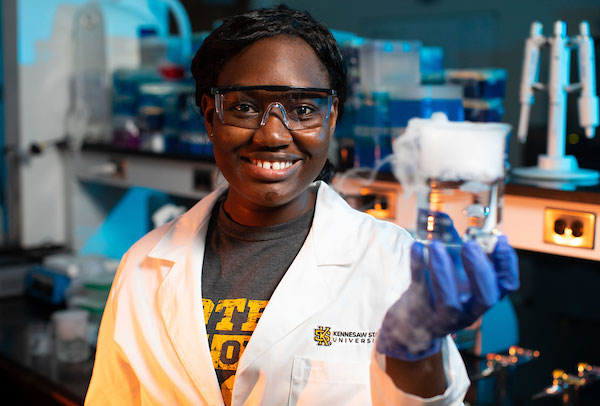 Bre McDonald, Ami Eho, and Barry Francis are all from various parts of the state of Georgia with different majors related
to science. The group’s research is a systematic review that assesses the amount of
exercise necessary to prevent gestational diabetes in overweight pregnant women.
Bre McDonald, Ami Eho, and Barry Francis are all from various parts of the state of Georgia with different majors related
to science. The group’s research is a systematic review that assesses the amount of
exercise necessary to prevent gestational diabetes in overweight pregnant women.
“The aim of this study is to conduct a systematic review which will help determine which exercise intensities and duration may be helpful to prevent GDM in women of different races who are also overweight,” said Ami (pictured left).
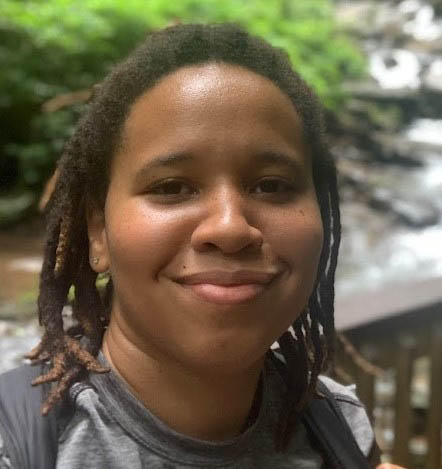 According to Bre (pictured below), research does not come without its fair share of
challenges, especially as a full-time student.
According to Bre (pictured below), research does not come without its fair share of
challenges, especially as a full-time student.
“Being involved in research adds to my workload,” said Bre. “However, I have been able to overcome this challenge by planning accordingly, communicating with my team members, and prioritizing my responsibilities.”
For Barry, the greatest challenge has come from conducting research online rather than time spent in the lab.
“One of the main challenges that I have faced since joining the research lab has been going through the process of conducting a systematic review,” he said.
“Getting the ball rolling and understanding the necessary steps to take in order to successfully completely this review has been a major learning curve.”
11/18/21, 12:47 PM
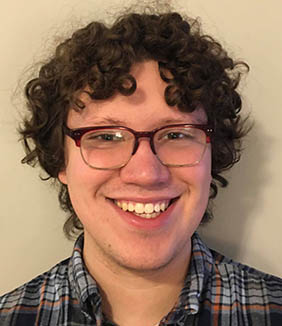 Jacob Segura is an English major and a theatre & performance studies major with a concentration in acting and a minor in linguistics. His project serves
as a critique of a personal narrative that he performed as a part of the KSU Tellers,
an important piece of the puzzle when it comes to honing one’s craft.
Jacob Segura is an English major and a theatre & performance studies major with a concentration in acting and a minor in linguistics. His project serves
as a critique of a personal narrative that he performed as a part of the KSU Tellers,
an important piece of the puzzle when it comes to honing one’s craft.
“I am a big fan of writing papers, so writing the accompanying essay for this presentation was a highlight, as I was able to go through several drafts and figure out exactly how I wanted to say everything,” Jacob said.
In true English major fashion, he was excited about the essay portion of this project and urges students to start researching sooner in their college careers so that they may find their niche sooner.
“I would encourage students to start sooner rather than later. I know that research is very intimidating, particularly if a person has only just entered college, but it is very beneficial both academically and professionally to get research experiences under your belt,” he said.
11/18/21, 1:10 PM
Md Jobair Hossain Faruk, a graduate student from Bangladesh, is working towards a Master of Science degree in Software Engineering. He also works as a graduate research assistant in the College of Computing and Software
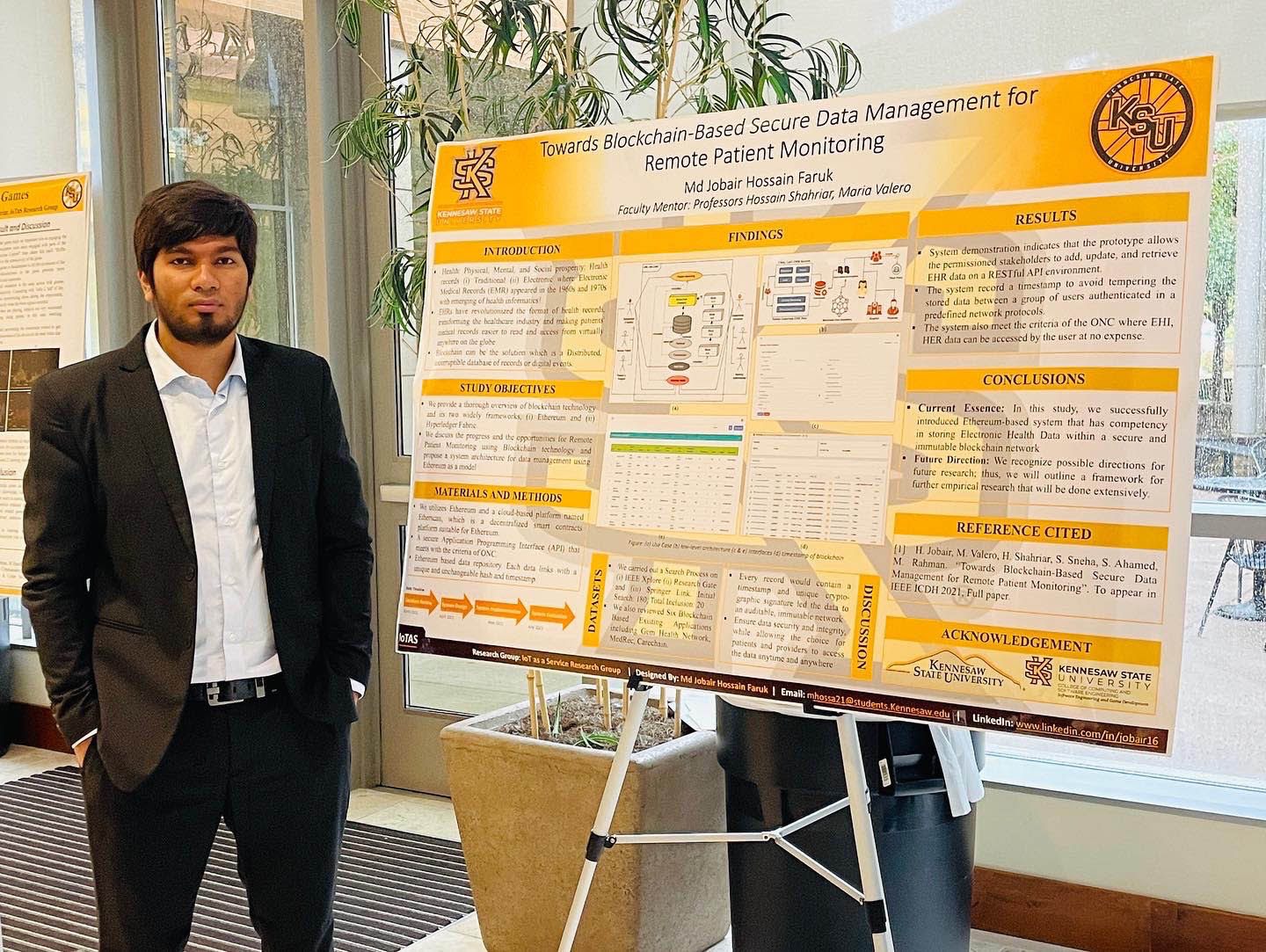 Engineering. His project focuses on blockchain technology to develop a secure and
decentralized software system for patients, healthcare providers, and authorized third
parties.
Engineering. His project focuses on blockchain technology to develop a secure and
decentralized software system for patients, healthcare providers, and authorized third
parties.
Jobair is a skilled researcher and has presented this research at the recent IEEE International Conference on Digital Health, where he received the IEEE-ICDH Special Paper Award. He also has participated in KSU symposium events before.
“I have presented one of my research projects in the spring 2021 Symposium and C-Day, both of which were fully virtual,” he said. “Both programs were exciting to me since I wasn’t an enrolled student but an aspirant at that time. I received appreciation from the reviewers and the MSSWE program coordinator for the research project I presented and had conducted voluntarily. I am thankful to my advisors Dr. Shahriar and Dr. Valero for their continues guidance. I achieved confidence by presenting my research work there, and it will help me to perform better during upcoming symposiums and conferences.”
After his research experience at KSU, Jobair said he would encourage students to get involved in research labs across the university so that they can contribute and make positive impacts for the future.
“Professors here at KSU are ready to guide you, and support you throughout your journey, paving the way for you to attain success in your future endeavors,” he said.
11/18/21, 1:38 PM
Blake Wilson is looking to further the understanding of power inverters through research involving total harmonic distortion. Blake is an electrical engineering major, and will start working as an electrical distribution engineer at Pike Engineering in Marietta upon graduation.
This is the first time Blake is presenting in the virtual symposium, but is unfazed, having experience in public speaking. Blake recommends students attempt to understand professors as people because it can lead to new and exciting opportunities.
“I would advise students to reach out to their professors to see what they are up to outside of the classroom,” Blake said. “As an engineering student, I have gotten to discover a lot of really cool opportunities from my professors, and it feels great to get to learn and assist with actual application outside of class.”
11/18/21, 2:05 PM
Sofia Aguilar, an undergraduate media & entertainment major, is conducting research that examines the 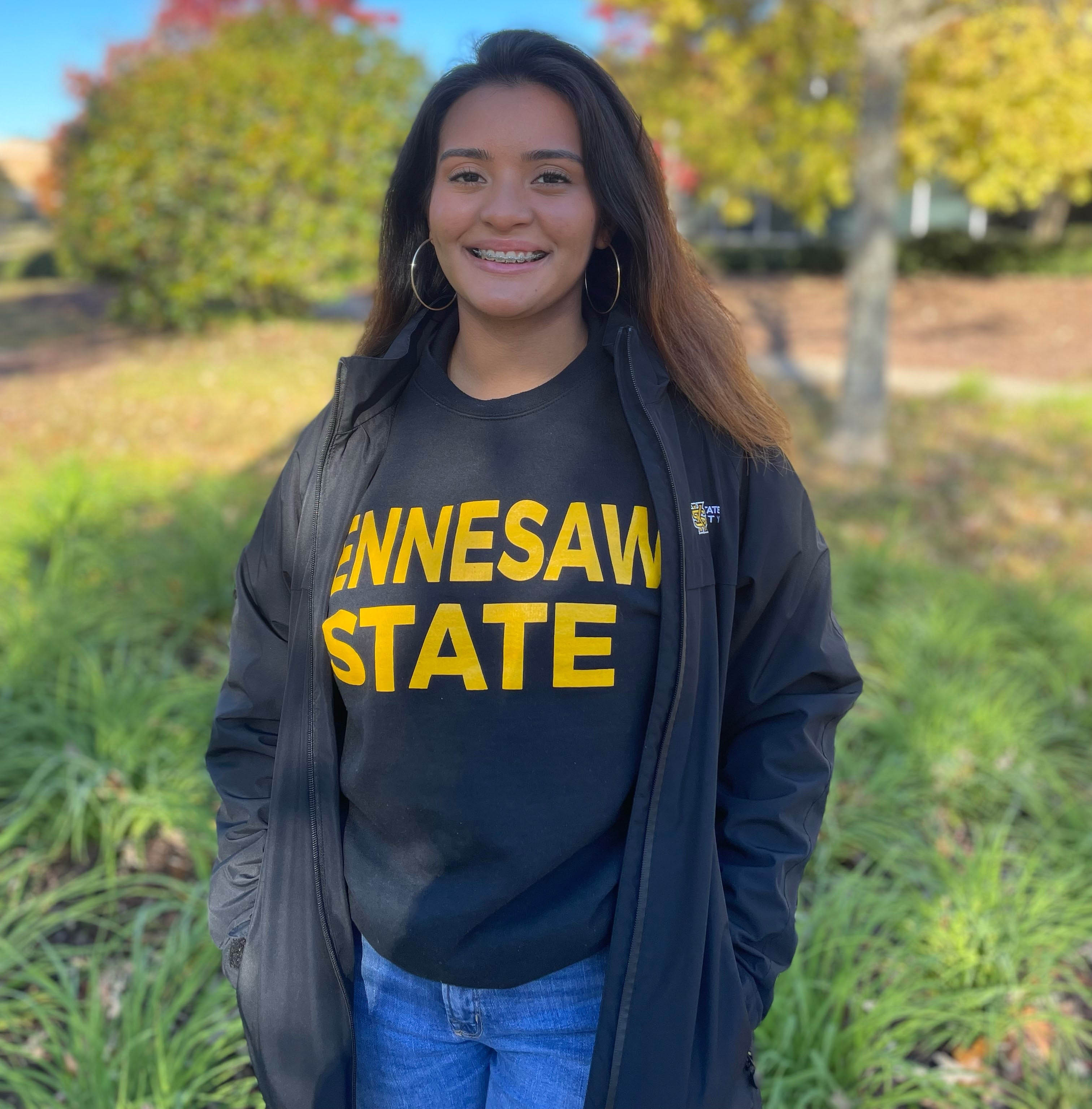 representation of Latina women in big-budget studio films, particularly concentrating
on the various stereotypes depicted in the portrayal of Latina women.
representation of Latina women in big-budget studio films, particularly concentrating
on the various stereotypes depicted in the portrayal of Latina women.
“In my research, I offer an overview of the types of stereotypical portrayals we have seen time and again in films and TV shows coming out of Hollywood, as well as examining some of the more authentic depictions in contemporary films and series,” said Sofia. “For the bulk of my presentation, I examine the film Fools Rush In (1997) and the Latina tropes the writer used to create Salma Hayek’s character, Isabel Fuentes.”
Sofia notes that, since she was born and raised in Honduras and Costa Rica until she was fourteen, one of the biggest challenges she must tackle in her day-to-day research life is the language barrier.
“Overcoming it is an ongoing process, but the more I write—whether creative or more analytical—the better I get,” said Sofia. “Practice is the only way I’ve found myself improving little by little.”
11/18/21, 2:24 PM
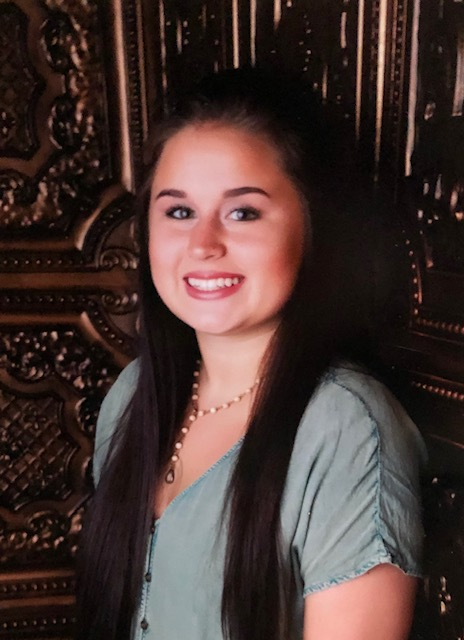 Corey Hutto (pictured left), Alicia Johnson, Kuma Moore, Chesslyn Lamar, Daezha Jackson, Olivia McCoy and Nia-Imani Mason worked together on their research project.
Corey Hutto (pictured left), Alicia Johnson, Kuma Moore, Chesslyn Lamar, Daezha Jackson, Olivia McCoy and Nia-Imani Mason worked together on their research project.
They were looking to see if the beat per minute of music could affect a passenger’s ability to manually take over a self-driving vehicle in a potential crash.
Corey got involved in the research through an advanced psychology lab class.
“My favorite memory thus far would have to be getting the data and working with the participants. It was a lot more fun and engaging then I thought it would be,” Corey said.
With stellar taste in music, the group chose to use the songs “Hey Ya” by Outkast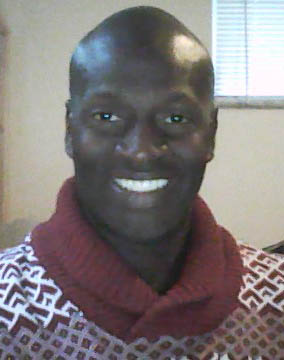 and “Halo” by Beyonce due to their contrasting beats per minute.
and “Halo” by Beyonce due to their contrasting beats per minute.
This project is looking at something that could potentially prevent car accidents in the future.
“I chose to continue my research because I believe autonomous driving will be available to the public sooner than most people realize,” Kuma said (pictured right). “It would be incredible to discover that I was a part of this groundbreaking research that will save lives in the future.”
For some group members, this research offers clear experience that will be applicable in their future careers.
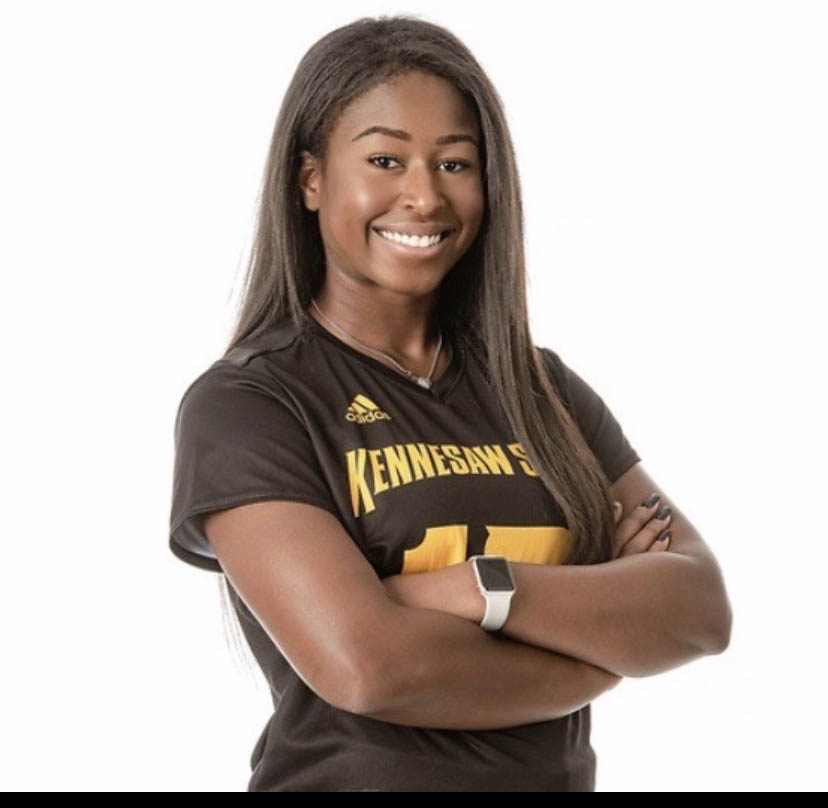 “I would like to go into either human resources or some sort of behavior analysis
field,” said Chesslyn (pictured left). “Both of these fields utilize research and
data in order to see how to treat and reinforce behaviors.”
“I would like to go into either human resources or some sort of behavior analysis
field,” said Chesslyn (pictured left). “Both of these fields utilize research and
data in order to see how to treat and reinforce behaviors.”
“My involvement with this research will hopefully allow me to attend graduate school and give me a background in how to properly conduct an experiment,” explained Alicia.
Daezha added, “My future career plans include going to graduate school. I have yet to decide what my concentration will be, but I hope that research will be related to my career.”
11/18/21, 2:42 PM
Samantha Doyle is from Roswell, Georgia, and is working towards bachelor’s degrees in secondary education with a concentration in mathematics and dance with a concentration in ballet.
“My research examines the current representation of the deaf community in the dance field and addresses the gaps by discussing issues and access for Deaf and Hard-of-Hearing (HOH) dancers,” she explained. “The goal is to bring awareness to the current lack of accessibility for Deaf dancers and to promote dance instructors and choreographers to be inclusive in their teaching styles.”
Samantha became involved with research when she enrolled in Dance History I and II courses, and started this research as an assignment for the second class. She hopes to incorporate this type of research in her future career plans.
“I would love to teach both high school mathematics and dance classes! I hope to work at a school during the mornings and a dance studio in the afternoons,” she explained. “My research is related to a future career goal of mine. I would like to create a dance company or class for Deaf and HOH students.”
11/18/21, 3:12 PM
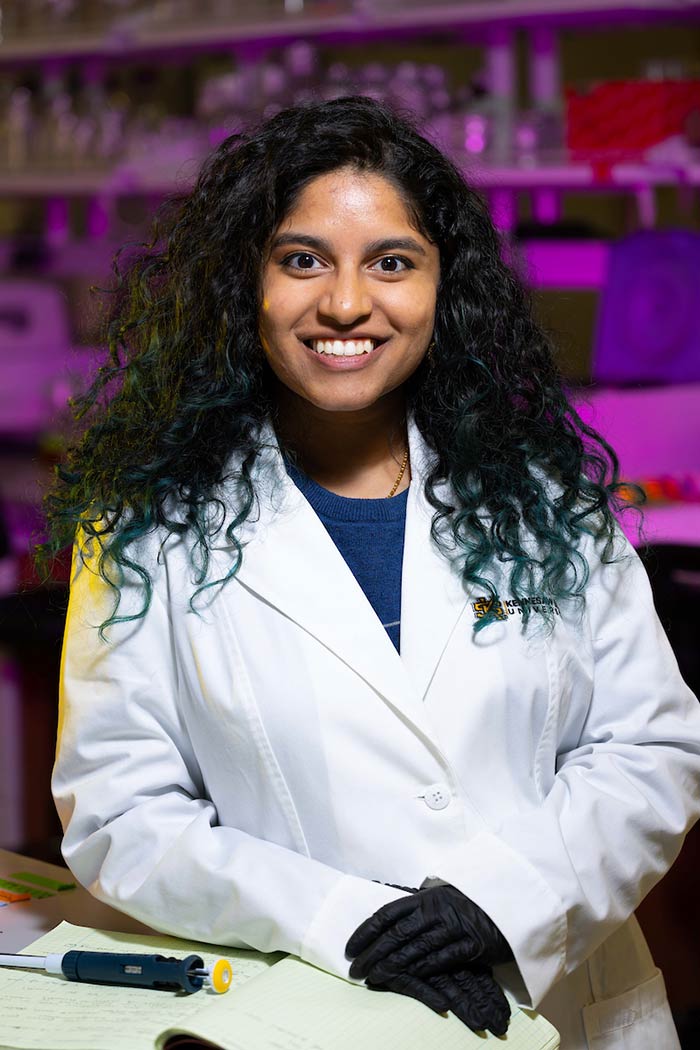 Shania Kallandanthyil, a biology major with a concentration in cellular, molecular, and developmental biology,
is from Buford, Georgia. From day one of college, Shania knew that she wanted to pursue
research.
Shania Kallandanthyil, a biology major with a concentration in cellular, molecular, and developmental biology,
is from Buford, Georgia. From day one of college, Shania knew that she wanted to pursue
research.
“In my classes, I met a lot of students on the pre-professional track, many of whom became close friends, but I knew that med school was never for me. I became a biology major because I really love biology, and I knew research was going to nurture that interest,” she said.
Shania has volunteered to assist with research in the laboratory of associate professor of developmental biology Anton Bryantsev, who uses fruit flies as the model to study genetic regulation of growth and development. Among other things, the Bryantsev lab is focused on the organization of the cell nucleus, with a goal of improving and making safer the methods that change traits of cells and organisms. Shania’s project was to study nuclear bodies, which are enigmatic structures formed within the nucleus.
“I really like the mentoring aspect of science because I would not be where I am today without Dr. Bryantsev's guidance,” Shania said. “And I’d love to provide that for other students in the future.”
Graduating in December, Shania plans to pursue a doctorate, starting next fall.











